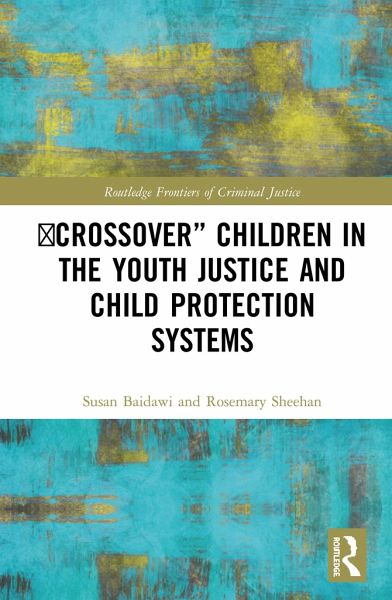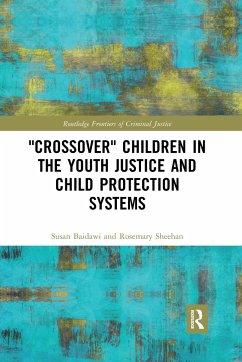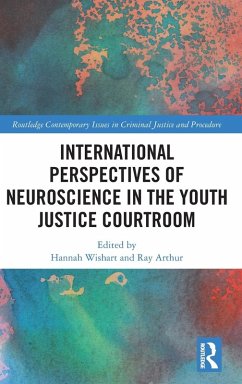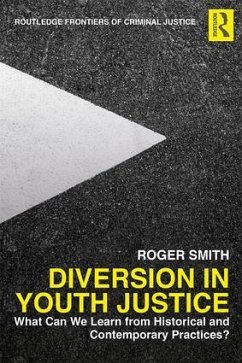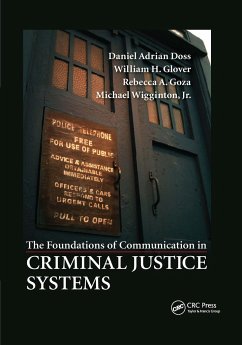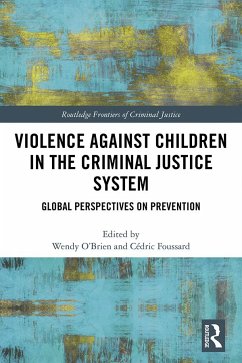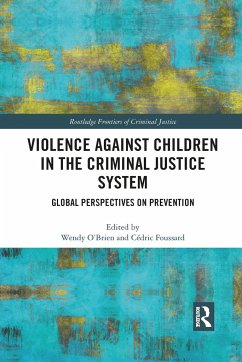Susan Baidawi is Senior Research Fellow at the Department of Social Work, Monash University, Australia. Her research studies lie at the nexus of the child welfare and criminal justice fields, areas in which she holds significant research experience. She has conducted research and authored numerous studies, reviews, and evaluations in the fields of child protection, out-of-home care, and criminal justice. In 2019, Dr Baidawi was awarded a three-year Early Career Fellowship from the Australian Research Council to conduct ongoing research focusing on crossover children in collaboration with the Children's Court in Victoria, Australia. Rosemary Sheehan is Professor at the Department of Social Work, Monash University, Australia, and held, until recently, a Governor-in-Council post as Dispute Resolution Convenor in the Victorian Children's Court. Her published research investigates child welfare and the law, mental health, and judicial and corrections' responses to offenders, particularly women offenders. Her major study of children's courts in Australia, co-authored with Allan Borowski, Australia's Children's Courts Today and Tomorrow, is widely claimed as a unique study examining the role, operation, and challenges in courts, and what models and legislation more effectively respond to the socio-legal problems children and young people present to the courts.
